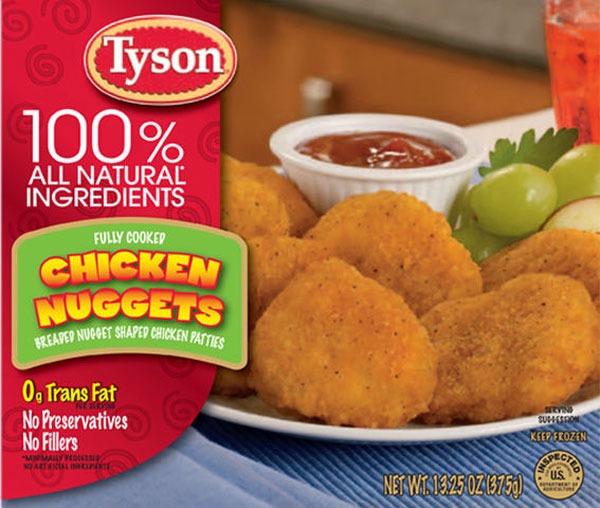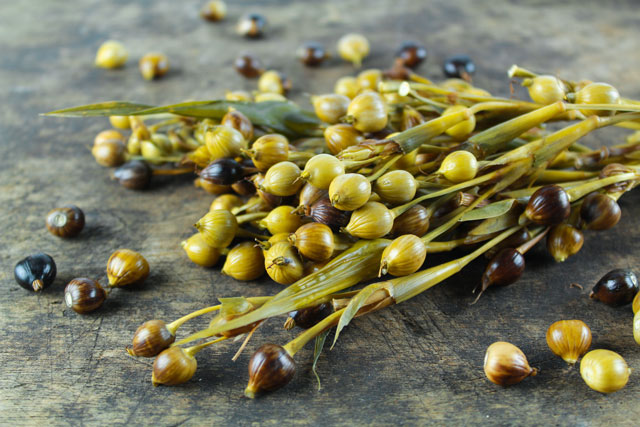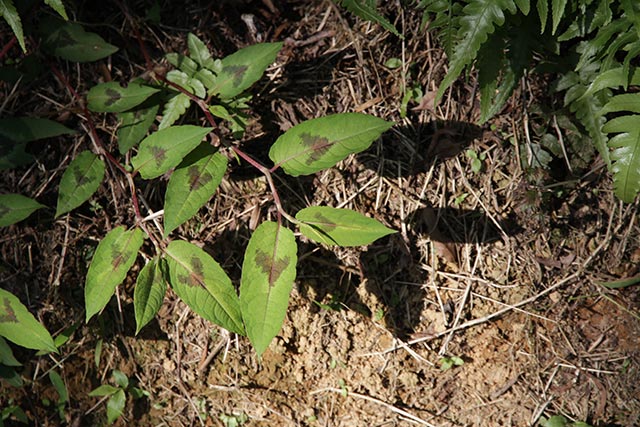Bird flu: 73,000 birds to be slaughtered in Tennessee
03/25/2017 / By Jude Henry

Bird flu is yet again rearing its ugly head and leading to a cascade of unfortunate events. At a farm in Tennessee, upwards of 73,000 birds are scheduled to be killed because of the possible existence of H7 avian influenza, also known as HPAI, a type of bird flu virus.
The seemingly severe action was considered necessary because of how extremely contagious bird flu is. It can spread to humans, but the risk posed to people is considered low. However, if it does spread to humans, it can be deadly.
The outbreak marks a couple of milestones: It is the first bird flu incident in 2017, and the first time that HPAI has occurred in the state of Tennessee.
The affected birds are at a Lincoln County farm, which is under quarantine and part of the Tyson Foods supply. Tyson is the biggest poultry producer in the United States, with 30 other farms near that one also under quarantine. The birds are being tested for the presence of bird flu.
Bird flu spreads when birds that are infected with the illness slough off traces of the flu in secretions that come from their nasal area, or their saliva and feces. Other birds become infected when they come into contact with those secretions, either through direct contact with other birds or through contact with surfaces that the infected birds have touched. Human infection happens in a similar way.
There are two categories of bird flu: highly pathogenic avian influenza (HPAI) A viruses and low pathogenic avian influenza (LPAI) A viruses. When birds become infected with HPAI, the illness can be severe. The rate of death can also be high. Both HPAI and LPAI can spread rapidly.
Track record of problems with bird flu
The situation in Tennessee is not the first incident of bird flu in recent years. Numerous other incidents have happened around the world, including:
- 2017: Earlier this year in the United Kingdom, more than 55,000 ducks were killed because they were supposedly infected with bird flu.
- 2017: Also earlier this year, more than 60 birds were infected with the H5N6 strain of bird flu. Before that, the strain was only found in Asia.
- 2016: In Indiana, there was a bird flu outbreak that affected turkeys.
- 2014 and 2015: Close to 50 million birds were killed because of an HPAI outbreak in the United States. Many consumers remember that because egg prices in the United States skyrocketed. Also as a result of that outbreak, other countries banned poultry that was imported from the United States.
The bird flu problem has been widespread throughout 18 countries in Europe. Since October 2016, millions of birds have been killed as a result of suspicions of the existence of the bird flu virus.
Ramifications for chicken prices and purchasing
Because so many birds are destroyed as a result of each risk of bird flu, the chicken supply goes down. That causes prices to increase, and that is expected to happen with the current situation in Tennessee.
There are workarounds for people who buy chicken but want to reduce the risk of illness and be less affected by supply issues or price fluctuations. Buy only high-quality chicken, preferably organic and free range, from reputable suppliers. That includes small, local farms that you can monitor and interview.
Buying organic, free range and local chicken from sources you can trust often results in consumers paying higher prices. The trade-off is peace of mind, better nutrition, and the ability to support high-quality companies.
Given that so many incidents of bird flu have happened, that same trend might continue into the future. So it is wise to stay informed and be cautious about what food you buy. Read more news about the food supply at FoodSupply.news.
Sources:
OrganicAuthority.com



















